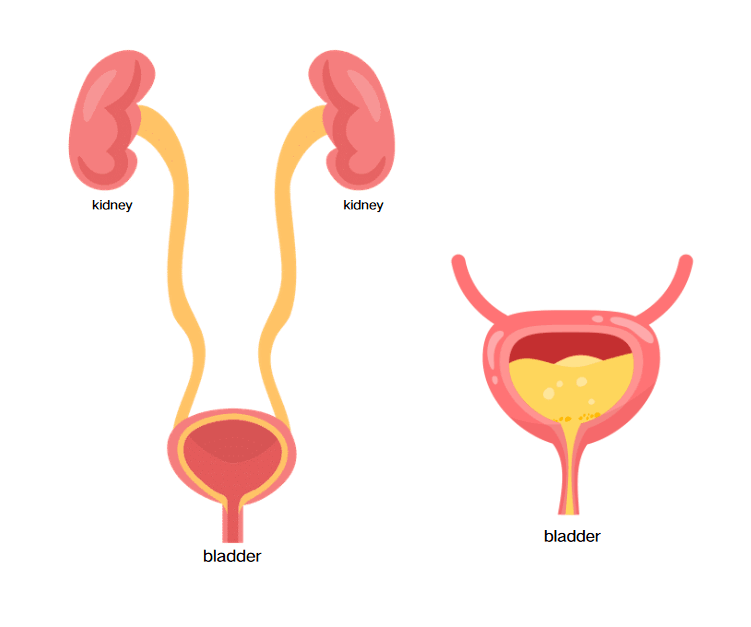TEl: +86-13148388090
Fax:+86-571-88616515
Bladder Health Matters: Understanding Causes and Caring for Your Bladder
Author: admin / 2025-05-06The bladder plays a critical role in our urinary system — storing urine until it's ready to be released. While we may not think much about it when it's functioning normally, bladder issues can deeply affect quality of life. From discomfort and inconvenience to embarrassment and social withdrawal, poor bladder health deserves more attention.
Common Causes of Bladder Issues
Bladder problems can arise from a wide range of factors, including:
Aging: As we get older, the bladder loses elasticity and strength, making it harder to hold or completely empty urine.
Neurological conditions: Diseases such as spinal cord injury, multiple sclerosis, or Parkinson's disease can disrupt nerve signals between the bladder and the brain.
Urinary tract infections (UTIs): Infections can inflame the bladder and cause symptoms like urgency, burning, and frequent urination.
Obstruction or injury: Conditions such as an enlarged prostate, pelvic trauma, or past surgeries can affect bladder function or the flow of urine.
Lifestyle factors: Poor hydration, excessive caffeine, smoking, and being overweight can all contribute to bladder problems.
Understanding Urinary Incontinence
Urinary incontinence — the loss of bladder control — is more common than many people realize. It affects men and women of all ages and can occur for different reasons:
Stress incontinence: Leaking urine when coughing, sneezing, or lifting. Often due to weakened pelvic floor muscles.
Urge incontinence: A sudden, intense urge to urinate followed by leakage. Linked to overactive bladder.
Overflow incontinence: The bladder doesn't empty completely, leading to frequent dribbling.
Functional incontinence: When physical or cognitive challenges prevent someone from reaching the bathroom in time.
No matter the cause, incontinence is not something to be ashamed of — and it's often manageable with the right support.

Tips for Maintaining Bladder Health
The good news is, there are many simple steps you can take to care for your bladder:
Stay hydrated: Drink enough water (6–8 cups per day), but avoid overdoing it. Too little fluid can irritate the bladder, and too much may increase frequency.
Limit bladder irritants: Reduce intake of caffeine, alcohol, artificial sweeteners, and spicy foods if you notice symptoms worsen.
Practice pelvic floor exercises: Also known as Kegels, these strengthen the muscles that help control urination.
Avoid constipation: A full bowel can put pressure on the bladder. Eat a fiber-rich diet and stay active.
Use the bathroom regularly: Don't hold urine for too long, but also avoid frequent, unnecessary trips.
Use supportive devices when needed: For those with urinary retention or neurogenic bladder, intermittent catheters offer a clean, discreet solution that supports independence and dignity.
Compassionate Solutions from BEVER Medical
At BEVER Medical, we understand how personal and sensitive bladder care can be. That's why we offer a complete line of Intermittent Catheters — designed for comfort, safety, and everyday ease of use.
Whether you are living with a chronic condition or recovering from surgery, our mission is to provide dignified solutions that help you live confidently.
BEVER Medical trusted by healthcare providers worldwide.Partner with us to bring better bladder care to your patients.



 English
English

